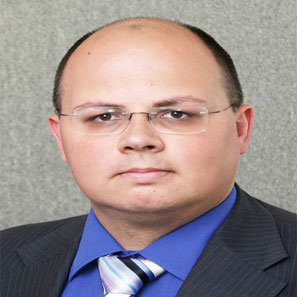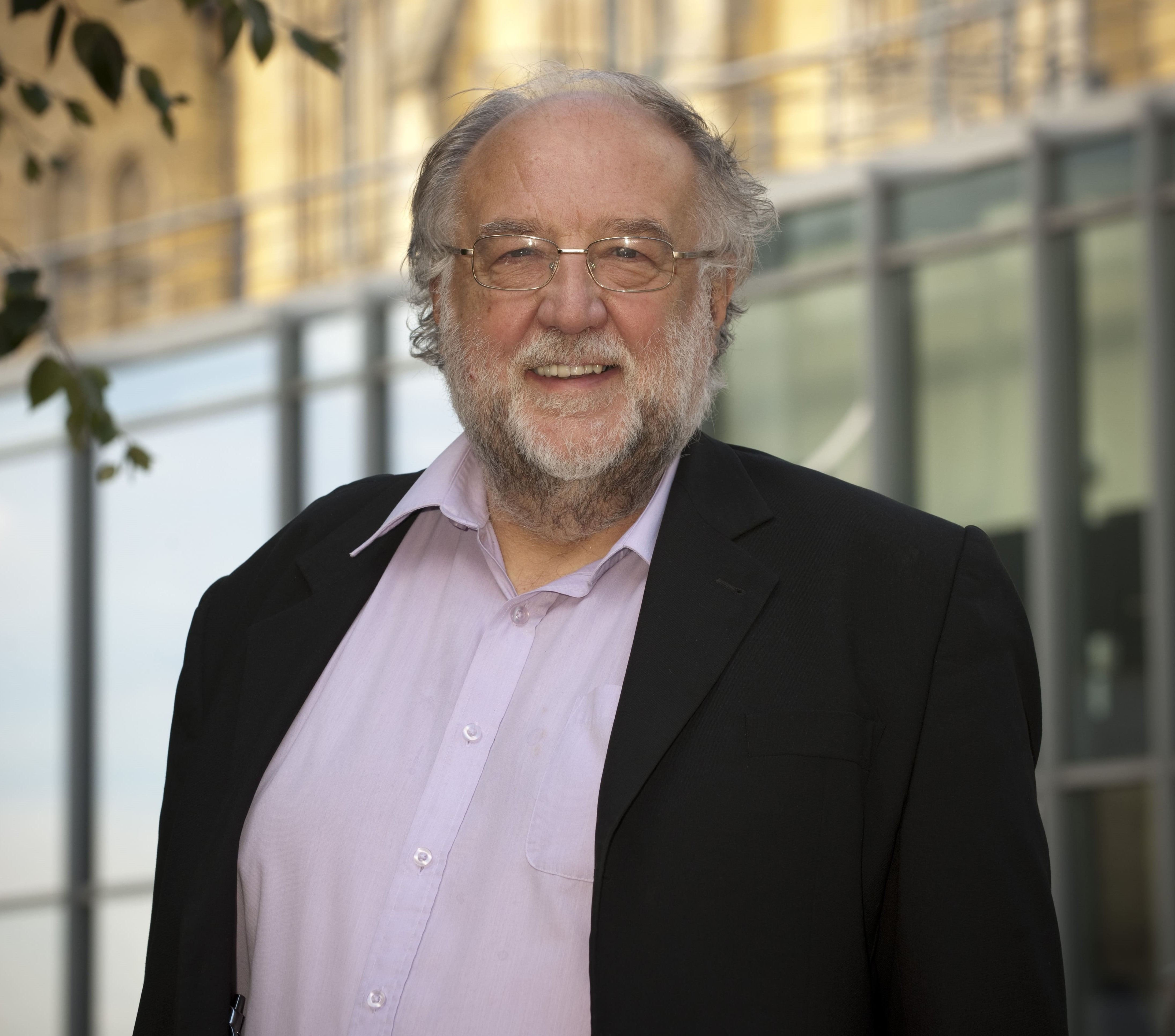The meeting is to discuss the current and future impact of ongoing development sustainability plans within the circular economy framework taking into consideration GCC future visions and the turbulent energy transition and its impact on the dynamics of sociocultural, economic and political developments in the GCC. The main attention of discussion will be focused on four areas:Exploring the circular economy and sustainability development concepts and strategies and its applications to GCC Economies.The Water-Food-Energy Nexus and climate change challenges in the GCC long- term national visions within the circular economy perspectives.The role of governments, private sector and households in achieving GCC circular economy and sustainable development objectives.
3 DAYS / 12 Workshops
MORE THAN 300 ACADEMIC PAPERS
The current linear economic growth model (exhaust and use our non-renewable energy resources irresponsibly, make a short-lived products-use it –waste it) has been shown to be not sustainable and has a very negative impact on the environment. As our planet is facing a critical climate change and global warming problems that could affects the existence of the next generations. This is due to our previous and current way of extracting and using our non-renewable resources in our modern industrialized economy. A new economic growth model of a circular economy that involves (find a new forms of clean and green renewable energy, use our current resources responsibly and efficiently, make efficient long-term products, use responsibly, reuse and remake).
The Gulf States are, in general, dependent
upon export of non-renewable energy resources for most of their revenue, which
in turn funds the economic development plans,
security, and social underpinnings of society. Can GCC economies move to the new growth model that is a circular economy
model without jeopardizing its economic development plans and their long-term national
visions?
In order for the GCC hydrocarbon producers to respond adequately to these diverse emerging challenges, it is important to clearly define and understand the origins of these issues, the majority of which are deeply connected to the oil and gas market transformation and regional tensions.
The event will consider the circular economy model and the impact of global energy transition processes on the GCC member states through the prism of challenges faced to their economic development plans. The contributors will deeply analyze how these global challenges affected not only the oil and gas industries, but also other aspects of the GCC social, economic and political development. Consequently, the event will be critically discussing and analysing the importance of GCC economies moving to the new economic growth model, a circular economy, that is a more sustainable and a better one for the next generations in the GCC.
The event will attempt to answer the following questions:
What is the circular economy
model and the different strategies for sustainability
How water-food-energy nexus and climate change are very concerning matters for GCC long-term development plans?
What is the role of governments, private sector, and society in moving towards a circular economy?
How the circular economy model and applications could play a very important role in achieving the economic development plans and the GCC long-term national visions?

